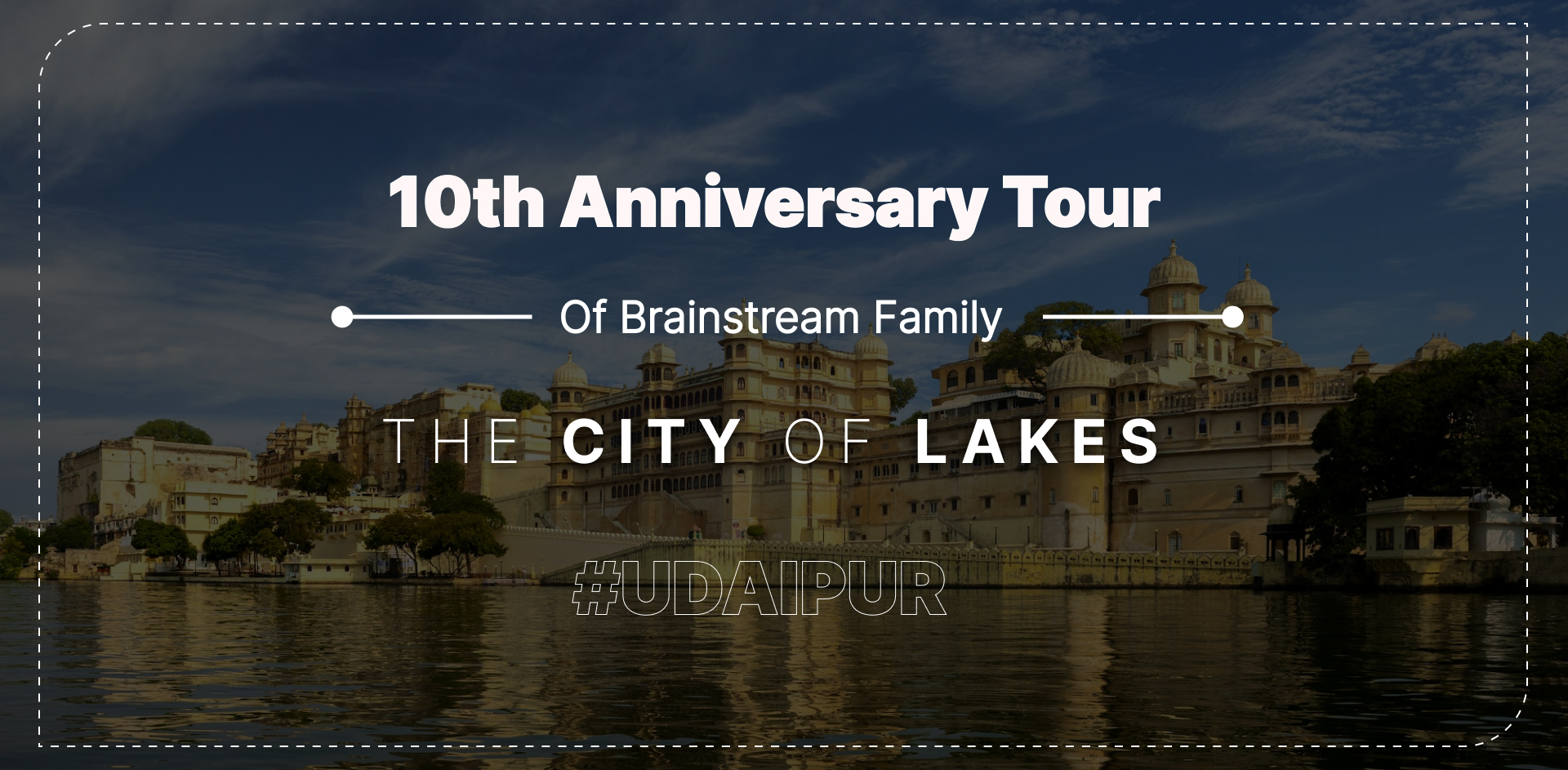During DrupalCon Pittsburgh on June 5, 2023, the Drupal Association declared that the termination date for Drupal 7 has been prolonged until January 5, 2025. This news relieved the approximately 50% of Drupal website owners still using Drupal 7. With a lifespan of 14 years, surpassing most versions, Drupal 7’s extension results from significant codebase changes between Drupal 7 and 8.
Despite the extended support, planning the migration quickly away from Drupal 7 is crucial. This article explores three compelling reasons why timely migration is necessary for website owners to stay updated, secure, and equipped with the latest features and functionalities.
Top 3 Reasons to Avoid Delaying the Migration from Drupal 7:
1. End-of-life Status
As mentioned, Drupal 7 has reached its end-of-life status, meaning it is no longer actively supported by the community. This implies that Drupal 7 will no longer receive official security updates, bug fixes, or support from the core development team. In the absence of continuous support, your website becomes increasingly susceptible to security threats and compatibility challenges.
By delaying the migration from Drupal 7, you expose your website to potential security vulnerabilities as new threats emerge and existing vulnerabilities remain unaddressed. Hackers and malicious factors often target outdated software versions, exploiting known vulnerabilities.
Furthermore, as the Drupal community shifts its focus and resources towards newer versions, the availability of third-party modules, themes, and support networks for Drupal 7 may decline. It can lead to compatibility issues, limited functionality, and difficulty finding assistance when needed.
To ensure your website’s continued security, stability, and compatibility, it is essential to migrate from Drupal 7 to a supported version promptly. By doing so, you can benefit from ongoing security updates, bug fixes, and access to an active community that can assist you with any challenges.
2. Enhanced Features and Functionalities
Migrating from Drupal 7 to a newer version, such as Drupal 8,9 or 10, brings enhanced features and functionalities that can significantly improve your website.
Newer versions of Drupal offer improved performance, scalability, and efficiency, allowing your website to handle increased traffic and deliver a better user experience. These versions also introduce advanced modules, plugins, and themes that can expand your website’s functionality and customization options.
With newer versions of Drupal, you can access a broader range of tools and technologies, enabling you to create more dynamic and interactive websites. It includes improved content authoring experiences, responsive design capabilities, multilingual support, and enhanced search engine optimization (SEO) features.
By migrating to a newer version of Drupal, you can leverage these enhanced features and functionalities to stay ahead in the ever-evolving digital landscape, providing your users a more engaging and seamless browsing experience.
3. Long-Term Sustainability and Support
One of the key reasons to avoid delaying the migration from Drupal 7 is to ensure your website’s long-term sustainability and support.
As Drupal 7 has reached its end-of-life status, the Drupal community’s focus and resources are primarily directed toward newer versions. By migrating promptly, you align your website with the actively supported and maintained versions of Drupal, ensuring ongoing compatibility, security updates, and bug fixes.
Migrating to a supported version of Drupal opens up a world of benefits in terms of long-term sustainability. You gain access to a thriving community of developers, contributors, and support networks who can assist you with technical issues, provide updates, and offer guidance on best practices.
Staying current with a supported Drupal version also means taking advantage of future enhancements, features, and modules developed by the community. It guarantees that your website stays competitive, flexible, and in line with the changing standards and user demands of the industry.
Furthermore, having a supported Drupal version gives you peace of mind knowing that a robust ecosystem of resources is available, including documentation, forums, and tutorials. This support network can help you troubleshoot issues, explore new possibilities, and optimize your website for better performance and user satisfaction.
By migrating from Drupal 7 without delay, you secure the long-term sustainability and support needed to keep your website running smoothly, up to date, and prepared for future growth and advancements.
Conclusion
In summary, migrating from Drupal 7 is crucial for the following reasons:
- Security: Drupal 7 no longer receives support or security updates, making your website vulnerable to risks.
- Enhanced Features: Upgrading to a newer version of Drupal improves performance, scalability, and user experience.
- Long-Term Sustainability: Delaying the migration can jeopardize ongoing support as the community focuses on newer versions.
By promptly migrating to a supported version, you ensure security, stability, compatibility, and gain access to advanced features, developer communities, and support networks.
Act now to safeguard your online presence and unlock growth opportunities.
Contact our Drupal experts for assistance in the smooth and seamless migration process.




